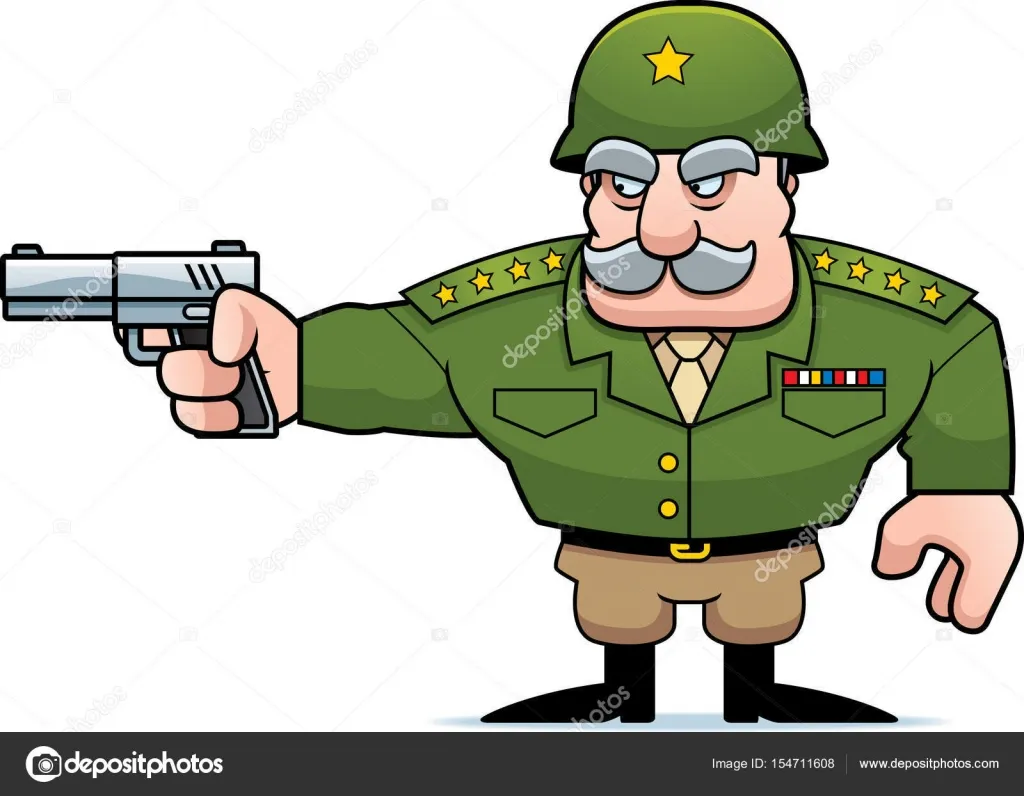
During the nineteenth century that was the rule, the dominant trend. The military of those times believed with the right to govern because of their protagonist participation in the war of independence. Since independence was conquered at the cost of many battles, for their way of thinking, their participation in this war granted them exclusively the right to govern the nation until the physical disappearance of the last of the liberating soldiers. And so it happened in fact. José Antonio Páez, Carlos Soublette, and the brothers José Tadeo and José Gregorio Monagas, took turns in the First National Magistracy, and their hegemony lasted until 1859, when the Federal War began.

Then came in the same tone the generals of the Federation, winners in the Long War or Federal War. These ruled 36 years, from 1863 to 1899. This new hegemony of military caudillos began with Juan Crisóstomo Falcón, followed with Antonio Guzmán Blanco and ended with Joaquín Crespo and Ignacio Andrade. All won their generalship in the war, and all were also great landowners, owners of the best lands in the country. Numerous herds, plantations and real estate, distributed in the extensive national geography, passed through their hands.
Because of all this, the image of Venezuela in the 19th century was that of a poor country. The concrete achievements of their rulers at this time were too meager. The majority population of the country suffered epidemics typical of the miserable countries, such as: malaria, illiteracy, malnutrition, high rates of infant mortality, life expectancy averaging forty years; small school population, just two universities where they attended about five hundred students per year.
In short, Venezuela, the country whose Andean soldiers, llaneros, caraqueños, margariteños, guayaneses, made the independence of almost the entire continent, was at the end of the nineteen a very poor nation composed of hungry people, malnourished, illiterate, sick, naked.

In the 21st century the members of such an institutional force cover almost all positions of public administration at this moment in Venezuelan history. These men of arms and uniform are today found in different areas of national life fulfilling varied tasks. We find them in the governorates of the states and in the mayorships, in the ministries and vice-ministries, in the National Assembly, in the presidencies of autonomous Institutes, as managers of public companies and financial institutions, as university authorities, in consulates and embassies, in the different and numerous Missions, in front of hospitals, ports and airports, managing estates and estates of state property, and stop mentioning. And, of course, we found them doing all kinds of business with gasoline and other fuels, with the gold of Guayana, with the Chinese vehicles and motorcycles, with the products of the companies of Guayana, with foreign currencies, as it has been published. in the media of the country. Venezuelan politics has not changed much in this aspect, what has happened here was repeated before with the military of independence, with those of the federation, with those of Gomecism and those of Perezjimenism.



